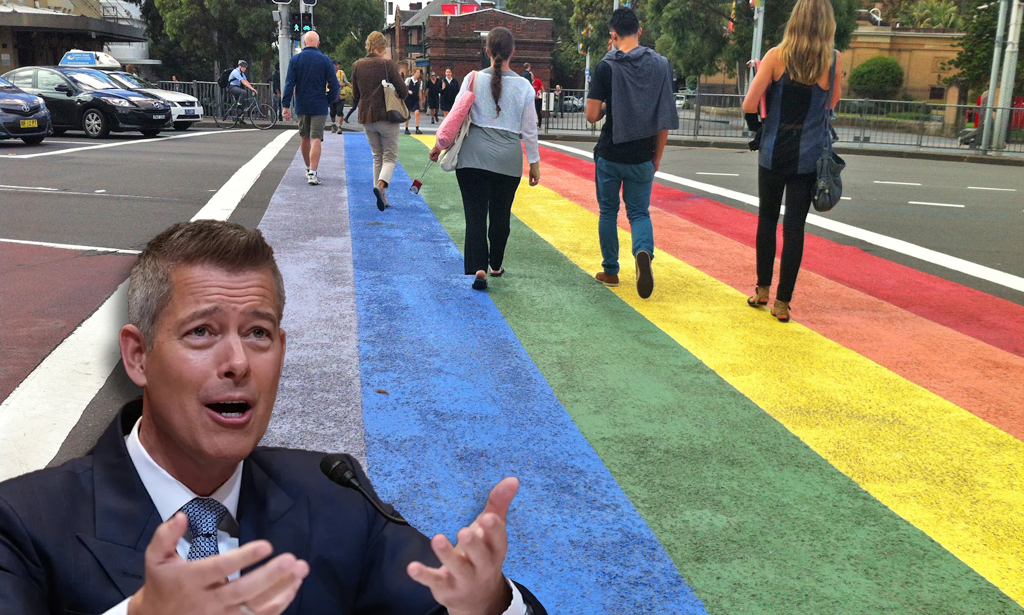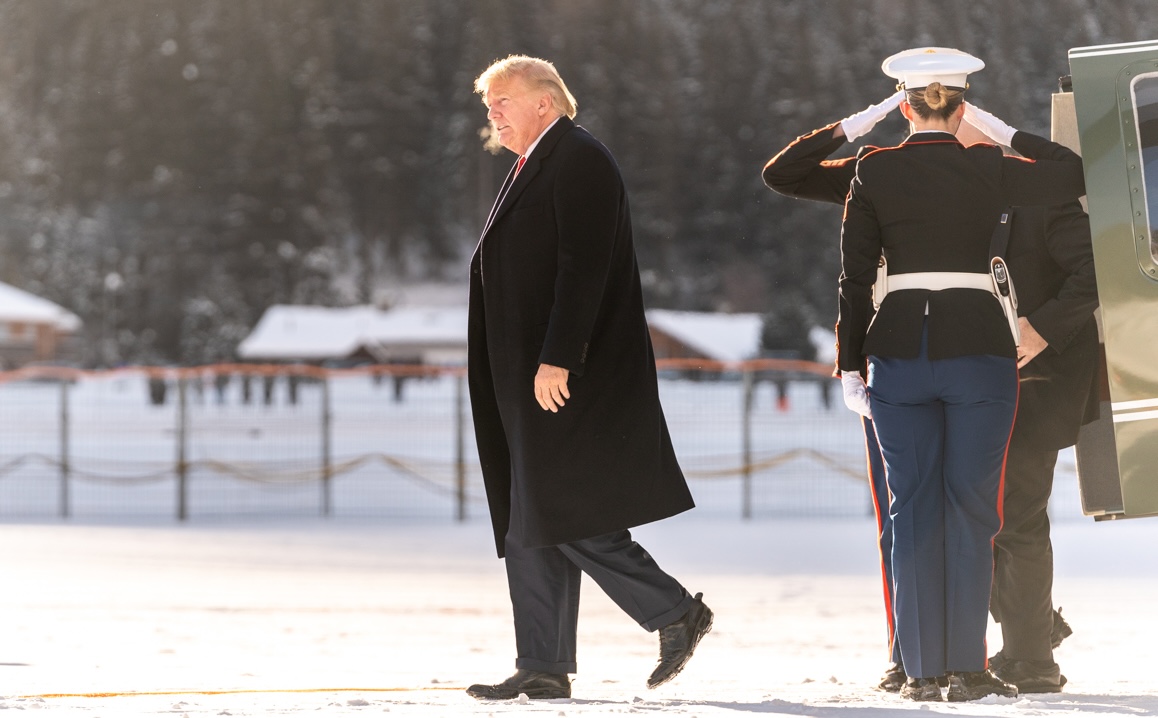When you think of the best bicycling cities in the US, Fort Worth, TX, probably doesn't spring to mind. But there are some changes coming. Hundreds of miles of new bike lanes, "road diets" and a proposed streetcar system could fundamentally change the way people think about getting around town there.
 Exchange Avenue, Fort Worth. How will bikes fit into this picture? Photo by Tabitha & Simon Chasing the Dream via Flickr.
Exchange Avenue, Fort Worth. How will bikes fit into this picture? Photo by Tabitha & Simon Chasing the Dream via Flickr.Fort Worth is one of the fastest-growing cities in America, and Streetsblog Network member blog Fort Worthology has been doing a great job of documenting the challenges that growth poses. Today, member blog Bike Friendly Oak Cliff of Dallas has an interview with Don Koski, one of the planners who is helping shape Fort Worth's streetscape. He talked about the role of transit-oriented development, how to incorporate bikes into road design from the beginning, and why Fort Worth isn't too hot for bike commuting:
[I]n Fort Worth we are planning and developing more mixed-use centers and urban villages and redeveloping and infilling downtown and other neighborhoods near downtown. We are also planning for higher-density development along existing and future commuter rail stations and potential streetcar lines. Making these areas and the city as a whole more accessible by bicycle is consistent with these plans and visions.…
Regarding temperature, I don’t buy the argument that people won’t bike because it’s too hot/cold/wet/etc. Look at the cities that have the highest bicycle commute rates in the country: Portland (wet), Minneapolis (cold), Seattle (wet), and Tucson (hot). Certainly there are many cyclists who won’t bike for transportation purposes when it’s hot, but there are other ways to address that, like by promoting the provision of shower and change facilities at major employers. In fact, I would say Fort Worth has great potential as a bicycling city: relatively flat, decent street block pattern, great trail system to which to make connections, great cycling weather 8 months out of the year, etc.…
While we don’t yet have quantitative data, we definitely feel that bicycling is beginning to take off as a mode of transportation in Fort Worth. When gas rose to $4 a gallon a year ago, bicycles began showing up all over, and even with the cost of gas relieved somewhat, anecdotally we believe the numbers are still higher than they’ve been in a long time. For a long time Fort Worth has had a number of substantial bike clubs primarily interested in cycling for recreation. We believe a good piece of that advocacy has crossed over into a call to make the city’s transportation network more accommodating of cyclists as well.
Other items of interest from around the network: Fifty Car Pile Up writes about race, class and bike-jacking on the trails of New Haven; Where looks at how dachas, or summer cottages, have provided food for urban Russians in economic hard times; and The Infrastructurist breaks down the NY Times magazine special issue on infrastructure this weekend, so you don't have to feel guilty for not reading every word.





